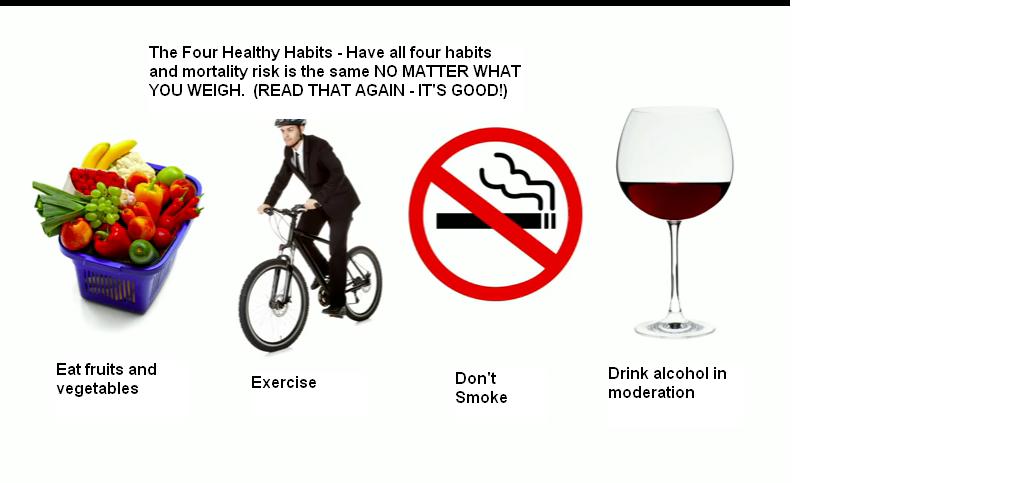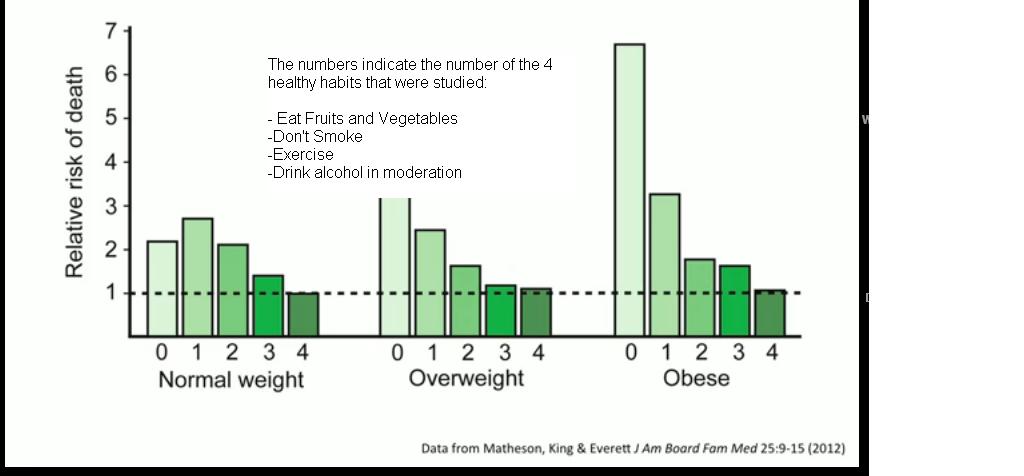DIETS FAIL! (So Now What Do I Do?)
Only 2% of people who lose weight on purpose by dieting keep the weight off for 7 years or more. Only about 10% of people can keep it off for even 2 years. I know we each like to think that we are special, or the exception to the rule, but… it’s pretty likely that all your hard work to lose weight will be for nothing. The weight slowly creeps back on due to our bodies’ desire to defend its “set point” weight range.
Another big bummer about dieting is that when that weight does come back, it tends to be more fat and not the combo of fat and muscle that you lost when your weight was going down. That means you are metabolically worse off after all of that suffering and hard work to reduce your size! Major bummer! Now you have to eat even less to maintain the same weight you were before you went on a diet. This paradox has been proven again and again in research studies. Yo yo dieting results in a crushing blow to your body’s metabolism – it slows down.
Body positivity advocate, Lily Hills, author of the Body Love Manual, writes “There should be a warning label attached to every diet program which should read: Danger: Diets are almost always ineffective for long-term weight loss, can create additional weight gain, a deep dive in self-esteem, a hugely compulsive relationship with food, and all too frequently, a full-blown compulsive eating disorder.”
Dr. Sandra Aamodt, Neuroscientist and author of the book Why Diets Make Us Fat – The Unintended Consequences of Our Obsession With Weight Loss, in an interview with Kaila Prins on her Finding Our Hunger Podcast on June 5, 2016 stated:
“…everybody has always wanted to imitate the most respected in their societies, the people who seem to have the most resources, the best lives. For most of human history, that has been the people who can get the most food because that was hard. In the past few decades we have undergone this transition… where getting enough calories is not for most of us the hard part and the people we are all told to look up to are the thinnest ones. Historically speaking, this is really weird. Instead of spending all your time trying to get enough food, you are spending all of your time resisting food.”
WHAT DO I DO INSTEAD IF DIETS DON’T WORK?

Dr. Aamodt’s depiction of the 4 Healthy Habits in the study.
In her 2013 TED talk “Why Dieting Doesn’t Usually Work,” Dr. Aamodt presented data that shows the mortality rates of people in the groups defined as Normal Weight, Overweight, and Obese were all the same AS LONG AS THEY EXHIBITED 4 HEALTHY HABITS. These four healthy habits were: eat fruits and vegetables, don’t smoke, exercise regularly, and drink alcohol in moderation. It’s not too hard to have all four of those healthy habits! What is hard, though, is trying to lose weight. But, guess what? You don’t have to lose weight to have the same risk of death as a “normal” weight person who also shares those same four healthy habits (and I put “normal” in parentheses because normal is an artificial, human-made definition which may be meaningless.)

Dr. Sandra Aamodt’s chart showing the same low risk of death with all four healthy habits NO MATTER WHAT YOU WEIGH.
Besides having these four healthy habits (eat veggies, exercise, don’t smoke, drink alcohol in moderation), what can you do to release yourself from the grips of diet culture and obsessing about food and weight? This is where the fun comes in!
Some of my ideas are:
- Completely break up with dieting and restricting food. Eat to satisfaction every time you are hungry. Your eating may look a little wonky in the beginning because your brain may not remember what satisfaction with food is but with persistence, patience, and practice it will all come back to you. The goal is to eat how you ate before you heard of the word “diet” – like you did when you were a 5 year old. You got hungry, ate, then ran off to play.
- Stop reading all magazines that glorify skinny bodies. For me, that meant getting rid of Shape, Health, and Self magazines and replacing them with Eating Well, Mindful, Bella Grace, and Organic Living magazines.
- Follow only body positive people on social media. On Instagram, I like bodyposipanda, Virgie Tovar, Isabel Foxen Duke, and BodyPositiveMovement. I am a yoga person, so I also like the curvy yoga posts that show women of all sizes rocking warriors and headstands. On Facebook there is a fantastic group called “Break the Rules with Summer Innanen.” It’s a closed group but you can get in this free group if you ask to join. All hours of the day and night there are fantastic people posting questions and giving each other pep talks to stay strong in the anti-diet movement.
- Find other things to spend your precious brain power on that bring you joy and/or does the world some good. Maybe that is a new hobby, a creative outlet, a passion for puppies, adventuring in the great outdoors, collecting buttons, thrift store shopping, jewelry making, shopping for an elderly neighbor, reading to the blind…. oh, there are so many better things to do than count points, tally up calories, exercise crazily, and try to eat the least amount possible at all times. Ugh! Enough. Just stop. Get in tune with your body’s actual food needs by becoming an intuitive eater – a person who no longer needs to think about how much to eat, who just responds to hunger, eats to elegant satisfaction, then carries on with happy living.
- Discover activities that require your body to move and be active in a way that you enjoy. The secret is to unlink exercise from weight loss. You are moving your body for health and well being, NOT TO LOSE WEIGHT. The bottom line is that we all have to move our bodies if we want to claim that we live a healthy lifestyle. However, the big “BUT” here is that you only have to do movement that you enjoy. How cool and awesome is that??? I happen to love walking, hiking, and yoga so that is pretty much all I do for exercise these days. What do you like to do?
There is so much to talk about in this anti-diet, body positive, health at every size arena. Start exploring what is out there on these topics and give yourself permission to eat. Eat what makes you feel good, what makes you happy, and gives you satiety. Yes, that ought to include desserts when they sound good to you but it also should include veggies, fruits, fats, protein sources, and even carbs (gasp! sharp intake of breath! eyebrow raise!). For lifelong dieters, eating all foods again takes a bit of getting used to yet this healing journey of breaking up with dieting is worth the bumpy stretch of road to get to food and weight freedom.
Dr. Amy Mercovich
